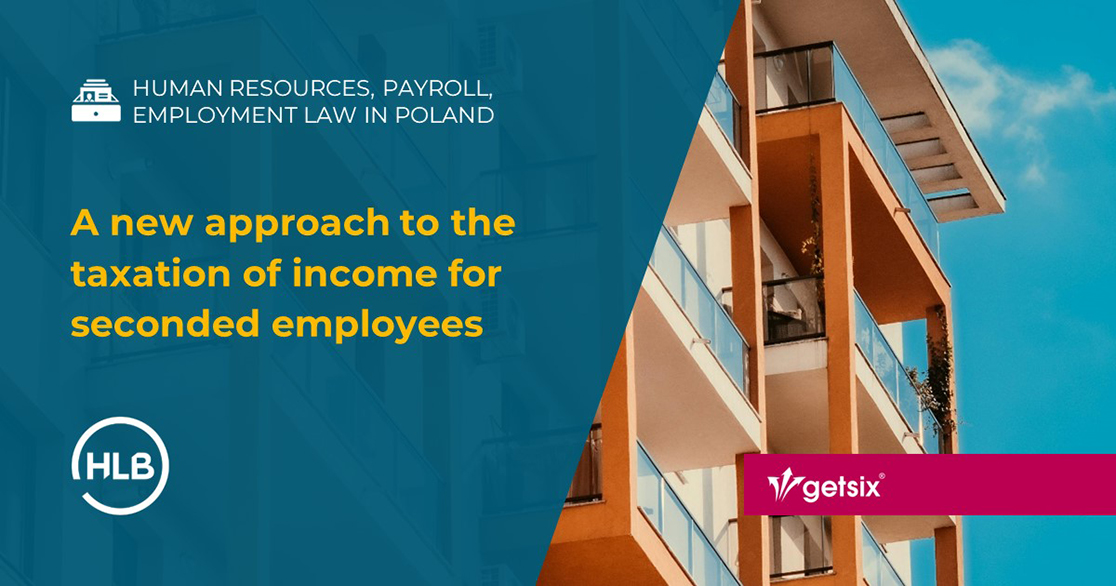A new approach to the taxation of income for seconded employees
13 September 2024
13 September 2024

For several months, we have observed a trend in the administrative courts’ approach to taxing the income of seconded employees.
Until August 2023, the prevailing judicial interpretation was that employer-funded accommodation and travel expenses were considered taxable income for seconded employees, from which income tax advances had to be deducted.
Importantly, this applied to employees who were seconded by their employer for long-term work at a specified location other than the employer’s headquarters.
The provided accommodation, meals, and travel were treated as being in the exclusive interest of the employee, thus making them liable for the economic burden of the tax calculated on the value of these benefits.
This led to a range of far-reaching consequences, including surpassing tax thresholds and the need to pay the higher 32% tax rate.
These issues were noted by the Supreme Administrative Court, which, in a series of rulings initiated by the judgment with the reference number II FSK 270/21, pointed out not only the inconsistency of this position with the Constitutional Tribunal’s ruling but also with the provisions of Directive 96/71/EC.
The court indicated that seconded employees should be provided with an appropriate standard of living without affecting their income.
The court rightly noted that if not for the obligation to fulfil duties arising from the employment contract, the employees would have no reason to incur the costs of such accommodation or travel. Therefore, they should not be burdened with any public-law obligations in this regard.
The Supreme Administrative Court’s position is also shared by Provincial Administrative Courts, including the Warsaw Provincial Administrative Court, which on June 26, 2024, agreed with arguments of a tax adviser and overturned an unfavourable individual tax interpretation issued to the tax’ advisers client regarding the tax consequences of providing employees with travel to the place of secondment.
Unfortunately, despite the visible change in the courts’ approach to this issue, the position of the tax authorities remains unchanged. They continue to issue interpretations in which they argue for the need to add the value of employer-covered costs, such as accommodation, to the income of seconded employees.
Interestingly, when issuing these decisions, the authorities refer to the very same directive that serves as the basis for the change in the administrative courts’ case law.
On the one hand, this opens the way for taxpayers to effectively challenge these decisions in court, but on the other, it significantly extends the time needed to obtain a favourable decision.
We can only hope that as the number of favourable court rulings for taxpayers increases, the tax authorities will also change their stance to one that is much more employee- and employer-friendly.

Source: The article was created in collaboration with our cooperation partner – SDZLEGAL Schindhelm Law Office
If you have any further questions or require additional information, please contact your business relationship person or use the enquiry form on the HLB Poland website.
***
Download the brochures providing general information and outlining the services that are offered by HLB member firms.
Learn moreClick below for more detailed information regarding population, major towns and cities, language, religion and holidays in Poland.
Learn more